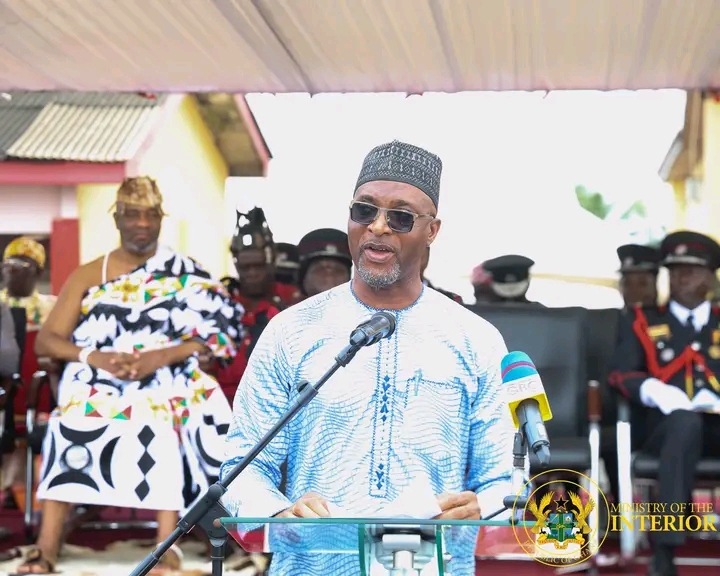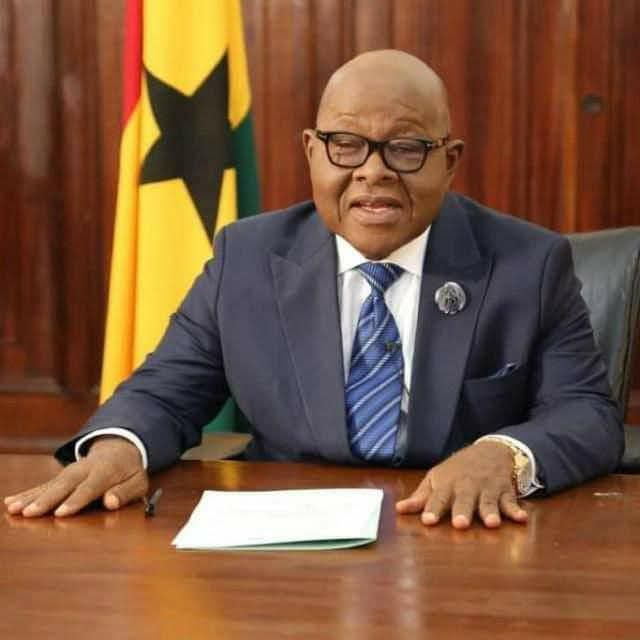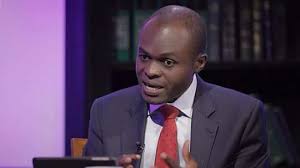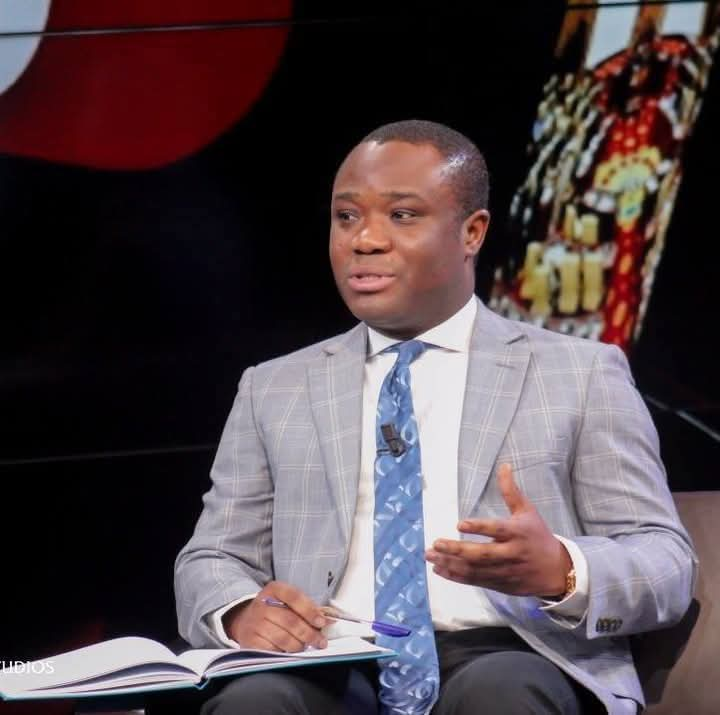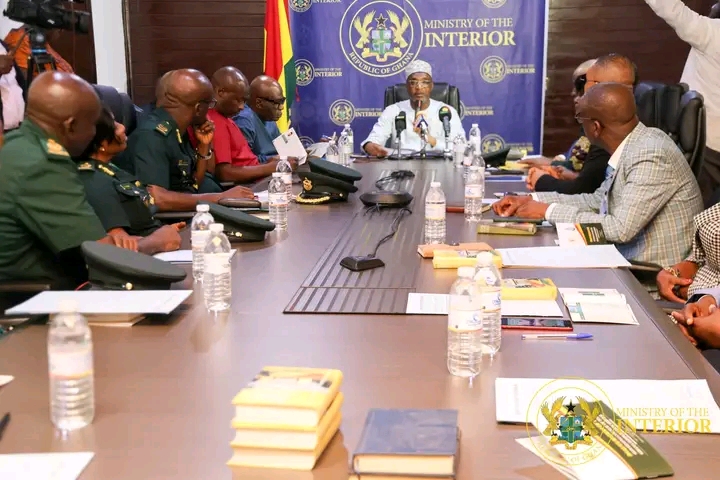Accra, (Greater Accra) 27 Oct.
The Government has endorsed private sector participation in urban water supply through the adoption of a more market-related approach for efficient water delivery. The Minister of Works and Housing, Mr. I. K. Adjei-Mensah, said at a one-day seminar organised for workers of the Ghana Water and Sewerage Corporation (GWSC) in Accra today that private sector participation will complement the efforts of government and other funding agencies. Funding for the country’s water supply has for the last 32 years depended on the government and a number of multilateral agencies. At the moment, GWSC would require fresh capital injection of about 900 million dollars to rehabilitate its existing 209 piped water supply systems to meet the growing demand for potable water on a sustainable basis. The reality of the situation, Mr. Adjei-Mensah said, is that the resources available through government and other funding agencies to GWSC to make any meaningful impact in water delivery, are inadequate. ”It is no secret that our traditional sources of financing the water sector are no longer sustainable. Even these sources are now telling us to look to other non-traditional sources to complement whatever they are able to provide.” Mr. Adjei-Mensah also drew attention to dwindling water resources, either as a result of increased population, climatic changes or poor management as another compelling reason for looking for fresh funding. The Minister therefore welcomed the adoption of a market-related approach which will impose the rigours of market pricing and efficiency of both the consumer and producer. Mr. Adjei-Mensah said the policy option being pursued by government is the leasing of ”self-contained – production, treatment and distribution – of urban water systems to private operators.” These operators would be expected to bring in capital to meet the running and maintenance expenses of the systems they oversee. He said they will also be expected to meet certain capital expenditures. In Ghana, the Minister said, there is evidence to support the view that a large proportion of the urban population can afford the cost of water services to make the urban water systems operated by GWSC self-sustaining. However, in respect of the rural population, the low incomes and relative poverty situations may make it impossible for the various rural water systems to be commercially viable. The Minister said government would still address the concerns of the vulnerable groups – rural population and the urban poor – while pursuing private sector participation. ”I must emphasise that the invitation to the private sector to participate in water supply does not mean the total withdrawal of government from its obligation of ensuring that potable water is accessible to the vast majority of Ghanaians”. Mr. Adjei-Mensah told participants, who are mainly workers of GWSC, that the restructuring policy of the government would not overlook their interests.

